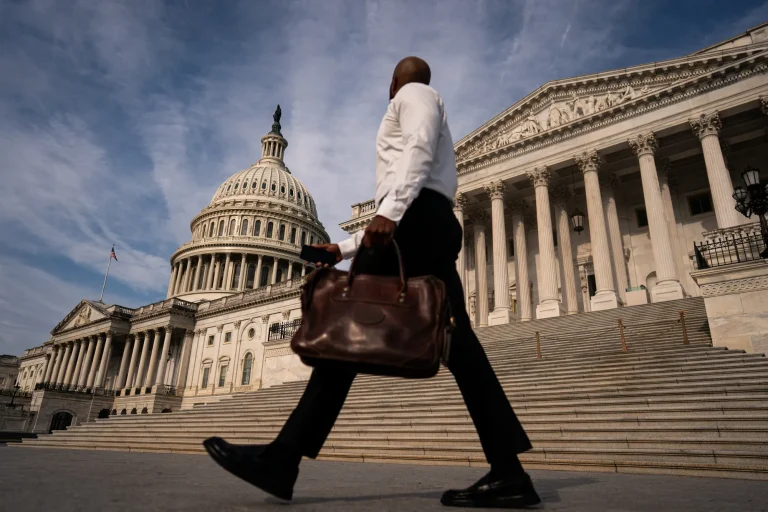🎧 Listen to This Article
In a landmark fiscal move, the United States has enacted a temporary federal tax exemption on tips under the sweeping One Big Beautiful Bill Act, a flagship legislative victory for President Trump ahead of the 2026 election cycle.
The provision, part of a broader package encompassing tax cuts and spending shifts, allows tipped workers to deduct up to $25,000 annually in tips from their taxable income. This marks the most significant federal action on tipped income in decades.
How the Tip Exemption Works
Effective later this year, pending Treasury and IRS guidance, the measure will:
- Exempt up to $25,000 in tips per worker annually from federal income tax
- Apply solely to employees in occupations that “customarily and regularly” receive tips, though the law leaves precise definitions to Treasury and IRS discretion
- Phase out for workers earning over $150,000 annually
- Sunset after December 31, 2028, unless extended by future legislation
According to Garrett Watson from the Tax Foundation, the cap would exempt the majority of U.S. tipped workers, while preventing high-income individuals from exploiting the rule by reclassifying their income as tips.
Political Dynamics and Broader Economic Impacts
The policy fulfills a central promise from Trump’s 2024 campaign, inspired by tipped workers in Las Vegas. It gained bipartisan traction, with supporters such as Senators Ted Cruz (R-TX) and Jacky Rosen (D-NV) and Representatives Vern Buchanan (R-FL) and Steven Horsford (D-NV).
Despite bipartisan support for the tip exemption itself, the bill overall sparked fierce opposition from Democrats, primarily due to:
- Projected Medicaid cuts affecting millions of low-income Americans
- Estimates showing that wealthier Americans would disproportionately benefit from the broader tax measures
- Concerns over adding trillions of dollars to the national debt
Martha Gimbel, Executive Director at the Yale Budget Lab, criticized the bill’s distributional effects:
“This will not help the lowest-income Americans, who already have minimal taxable income. Middle- and upper-middle-income tipped workers are the biggest beneficiaries.”
Gimbel also warned of unintended consequences, such as businesses restructuring compensation models to shift more earnings into tips.
Compliance and Next Steps for Tipped Workers
Tax advisors recommend waiting for IRS implementation guidelines before adjusting tax withholdings or making financial decisions.
Key points for tipped workers:
- Only $25,000 annually in tips will be tax-exempt, even across multiple jobs
- Excess tips or wages beyond that limit remain taxable
- Workers may either adjust W-4 forms or receive refunds upon filing
Watson anticipates that tax software providers will quickly adapt to reflect these changes in the next filing season.
Broader Policy Considerations
While the tax-free tips provision garners headlines, analysts stress its limited reach within the overall labor market. Tipped occupations account for just 2.5% of U.S. employment.
Moreover, several experts frame the measure as largely symbolic, designed to fulfill a campaign promise rather than drive structural economic change.
Nevertheless, the provision introduces administrative complexities for both businesses and tax authorities, as precise occupational definitions and verification procedures are yet to be clarified.
For further details, clarification, contributions, or any concerns regarding this article, please get in touch with us at editorial@tax.news. We value your feedback and are committed to providing accurate and timely information. Please note that our privacy policy will handle all inquiries.



